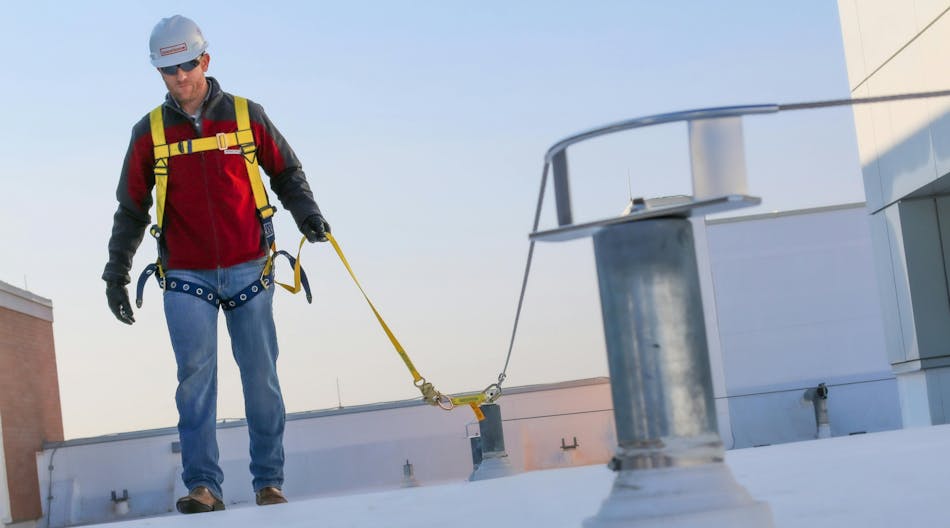Community, Leadership, Experimentation, Diversity, & Education
Pittsburgh Arts, Regional Theatre, New Work, Producing, Copyright, Labor Unions,
New Products, Coping Skills, J-O-Bs...
Theatre industry news, University & School of Drama Announcements, plus occasional course support for
Carnegie Mellon School of Drama Faculty, Staff, Students, and Alumni.
CMU School of Drama
Monday, November 25, 2024
4 Things to Know About the Building Owner’s Duty to Provide Fall Protection
Buildings: Fall protection was OSHA’s most cited violation in 2024. And 2023. And each year since 2010. In the same time span, the U.S. Bureau of Labor Statistics (BLS) has reported an average increase in fatal falls each year.
Subscribe to:
Post Comments (Atom)

2 comments:
I have never really thought about the building owner’s role in ensuring worker safety. In my mind, I always thought it was up to the stage manager or the technical director or someone else that is there on a day to day basis to help manage worker safety and ensure that everyone is using best practices. I feel like the building owner is kind of just there and not really present but I guess this makes sense too that it is their responsibility to make sure that everyone working on their property is doing it as safely as possible. I feel like often, the proper protocols are not followed because people are lazy and do not want to go through the proper channels to do work safely and it is helpful for the building owner to do a lot of things preemptively to help prevent accidents from happening. This was a super interesting article and it makes me want to learn more about OSHA rules and safety.
This article begins by telling the audience that fall protection has been OSHA’s most cited violation every year since 2010 and that fatal falls have been increasing every year since as well. As I read this, I wondered if this would also be the case for theater work as often we have to work in hard to reach places, and if it is the case, what are most of these violations for? At the higher levels of theater, there surely is plenty of fall protection in place to properly hang lights and speakers and do rigging work, but for lower level and summer stock theater, these kinds of protections often don’t exist or at least not in the same way. As such, do these theaters with more funding often get any OSHA violations? Or is there possibly just so many more cases of this at less funded theaters? Regardless, the advice in this article is fantastic and ought to be pursued in the future for all theater owners to best protect the staff that work in these spaces.
Post a Comment